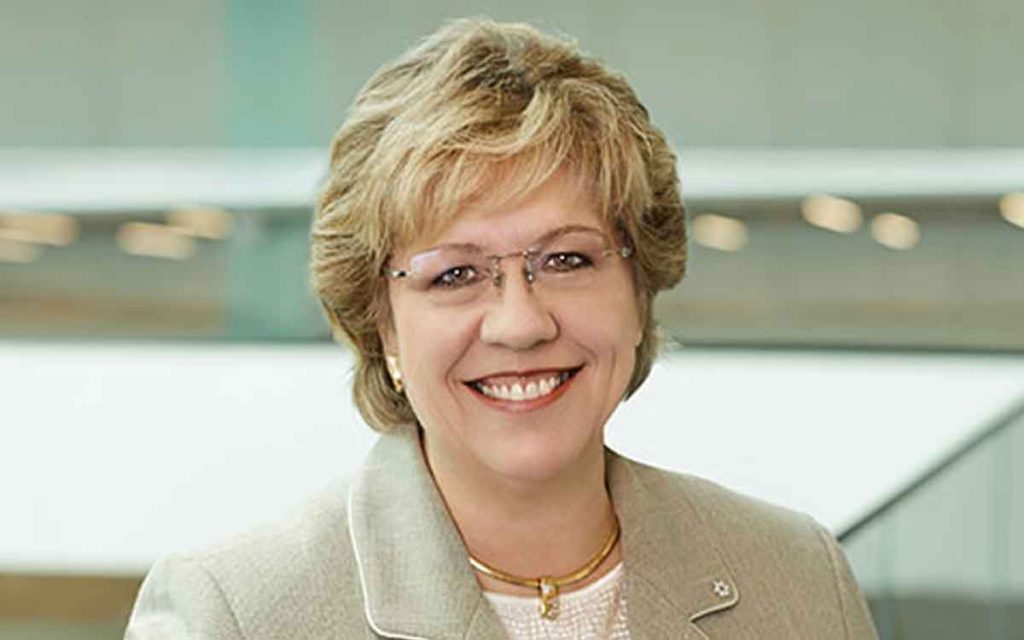
What’s with the toilet paper, people? In the midst of what is shaping up to be the worst world pandemic in the last 100 years, the obsession with amassing vast quantities of toilet paper doesn’t speak well of our ability to set the right priorities. Stock piling hand sanitizers and disinfectants, now that makes sense.
But setting that aside, let’s consider several important lessons from past experience that are impacting how we handle today’s pandemic.
In some ways, Ontario is lucky. We went through the SARS outbreak in 2003. And while there were some wobbles in our early response to the current pandemic, that experience was evident in how our political and health care leaders have largely risen to this occasion.
That being said, this should not have been a surprise to anyone. Experts have long been warning government that our health care system, not just in Ontario, but across the country, is not up to the task of coping with the next, inevitable infectious disease outbreak. But we did not prepare and too many of the lessons of SARS faded into memory.
Secondly, leadership counts. In situations like this, leaders in health care, in business, in government matter a great deal. All are needed but it is a tough road to walk. Constant communication is critical. Tone is everything – empathy but not indecisiveness, the ability to make quick, effective decisions in the absence of complete information.
Transparency is critical. But how do you provide accurate information in a situation as fluid as this one – things change, literally hourly. On the other hand, being vague and imprecise creates just as much distrust, unrest and panic.
Thirdly, balanced budgets matter. There is a reason the old saying, “save for a rainy day” exists. We didn’t and we are now in the midst of an unprecedented tropical downpour where governments urgently need to spend to cope with the economic and social carnage. And they are. But that new debt, piled on top of Canada and Ontario’s existing debt burden, means years of either higher taxes, fewer services or both, as our children try to dig out from under. The next time a political candidate promises you a shiny, new program, ask him or her if we have spent enough on society’s health fundamentals first.
And finally, give all our leaders a break. Remember, this is totally uncharted territory, socially and economically. SARS, swine flu, HIV, Ebola – all were serious and wreaked varying degrees of damage. The terrorist tragedy of 9-11 scarred our consciousness and changed the way we board an airplane. And we were a long time getting over the global financial crisis of 2008-09.
But none has given such an overwhelming global wallop to a world so intimately connected in so many ways. We have never experienced a world-wide pandemic at the same time as such economic headwinds as the oil price war between Russia and Saudi Arabia. (A pox on both their houses if you will pardon the pun.)
Short of two world wars and the 1918-19 flu pandemic, nothing else has come close to being as disruptive as this is and will prove to be to our way of life for a long time to come. And unfortunately, there is no “how to fix it” manual.
So let’s take a deep breath, heed the advice of our leaders, be responsible for our own behaviour and practice social isolation. As they used to say in World War II, keep calm and carry on. And, oh yes, buy stock in toilet paper companies!

Janet Ecker is a former Ontario Finance Minister, Minister of Education, Minister of Community and Social Services and Government House Leader in the governments of Premier Mike Harris and Premier Ernie Eves. After her political career, she served as the founding CEO of the Toronto Financial Services Alliance, a public-private partnership dedicated to building Toronto region into an international financial centre. She currently sits on a number of corporate and non-profit boards, agencies and advisory committees.
Ms. Ecker received the Order of Canada for her public service contributions and was recognized as one of the “Most Influential People in the World’s Financial Centres” by Financial Centres International. She also received a “Canada’s Most Powerful Women: Top 100 Award” from the Women’s Executive Network and the Richard Ivey School of Business, among other awards. She is also one of the founders of Equal Voice, a national, multi-partisan organization working to elect more women.




















